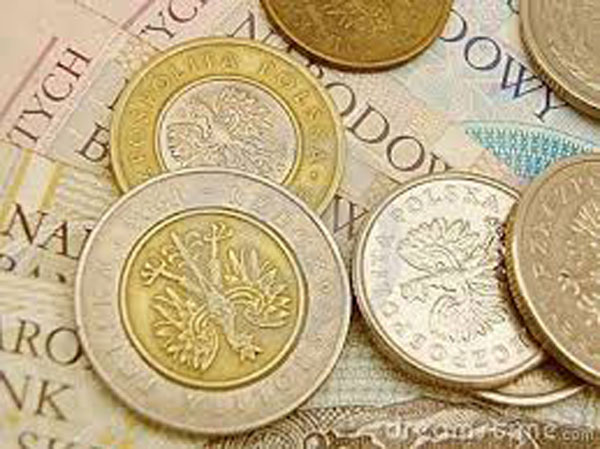Wednesday, 11 November 2015 17:38
 BUDAPEST/ZAGREB: Central European assets mostly firmed on Wednesday as the appointment of new political leaderships in Poland and Romania helped calm nerves after uncertainty over policies in the past weeks.
BUDAPEST/ZAGREB: Central European assets mostly firmed on Wednesday as the appointment of new political leaderships in Poland and Romania helped calm nerves after uncertainty over policies in the past weeks.
The Croatian kuna also rebounded ahead of a meeting of the country’s central bank even though it is still unclear who will form a government after Sunday’s elections left two rival parties with no parliament majority.
The zloty firmed 0.2 percent against the euro by 0913 GMT, drifting further off lows near 4.3 per euro hit last month when the eurosceptic opposition party Law and Justice (PiS) won Polish elections.
Poland’s 10-year government bond yield has fallen 10 basis points to 2.819 since Monday when PiS named the key members in the new cabinet.
“Strong, pro-market political appointments in Poland and Romania are very positive news and should bring more support for their local currency bond markets,” Raiffeisen analysts said in a note.
Dinar bonds could get support from Serbia’s agreement with the International Monetary Fund on Tuesday about a loan deal review, ample interbank liquidity and expectations for a central bank rate cut in Belgrade on Nov 12, they added.
The dinar traded flat against the euro.
The leu firmed a shade to 4.442.
Romanian President Klaus Iohannis named former European Commissioner Dacian Ciolos on Tuesday to head a government of technocrats, to replace Victor Ponta who quit last week.
Figures showed on Wednesday that Romania’s annual inflation stayed deep in the negative at -1.6 percent in October.
The central bank has ended its rate cuts four months ago as uncertainties over fiscal policy.
Analysts of BCR bank said in a note that domestic fundamentals were strong and any sign of a more prudent fiscal policy would support government bonds.
“We expect the recent depreciation of the RON (leu) to 4.46 (per euro), its weakest level in four months, to be short-lived. The appointment by the Parliament of a new government would be a return to normality,” they said.
Coratia’s kuna firmed 0.8 percent to 7.595, rebounding from its weakest levels this month.
The central bank which manages the unit in relatively tight ranges is unlikely to change its rates at its meeting.
Some analysts have said that political uncertainty could keep the kuna weak. Some dealers say the weakening was caused by other factors.
“Last week the kuna firmed to around 7.55 per euro as there was an increased offer and weak demand for euros, but this week… there is an intensified corporate sector demand for euros and interbank trade,” said a dealer at a major local bank.
“I don’t expect the central bank to intervene unless the kuna eases to around 7.65 kuna to the euro or so,” the dealer added.






























